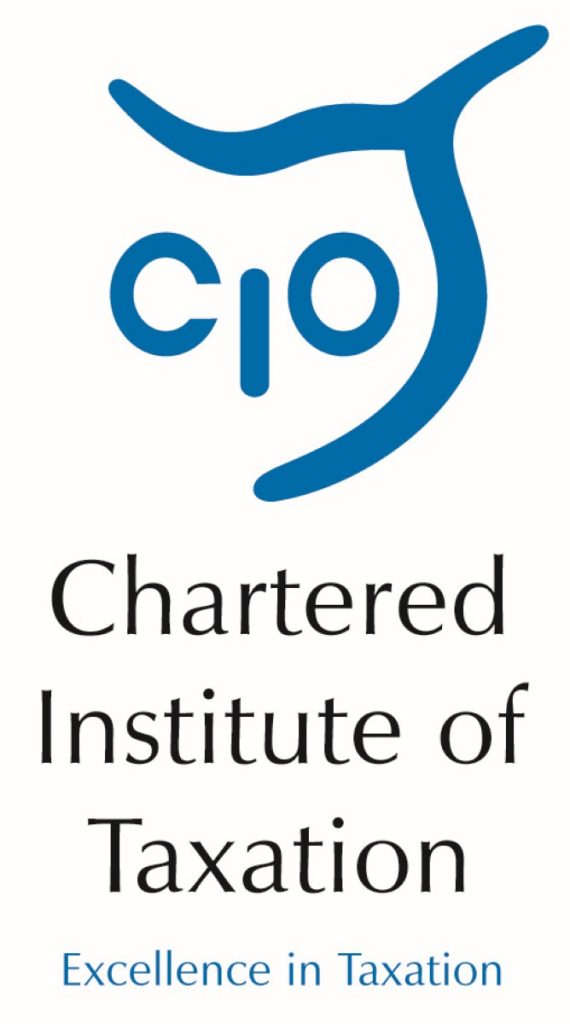Government strategies to use tax reliefs to help small businesses grow must be validated by regular reviews of them, says the Chartered Institute of Taxation (CIOT).
The Institute makes the call in response to a Treasury consultation on how to increase the supply of capital to growing, innovative firms.1 The CIOT’s response focuses on steps the Government could take to make current tax reliefs more efficient and effective, to provide the best support in line with their policy objectives.2
The CIOT advocates greater post-legislative review and evaluation of tax measures, including tax reliefs. This reflects recommendations in the Better Budgets report published earlier this year by CIOT, the Institute for Government and the Institute for Fiscal Studies.3 Evidence based evaluation would also allow concerns, justified or not, that these reliefs are used as vehicles for tax abuse, to be properly addressed.
John Cullinane, CIOT Tax Policy Director, said:
“There is a need to separate fact from fiction on tax reliefs.
“Most tax measures are enacted on the basis of a hypothesis about how much they will cost and what they will achieve. Yet little work is carried out to understand whether the basis on which Parliament was asked to enact them has actually been borne out.
“Effective data-led evaluation will make it easier to identify unsuccessful or poorly designed tax relief regimes which need to be revised or wound up, and to monitor unexpectedly high take-up. This might of course point to otherwise undetected tax abuse, but in any event suggests that the cost-effectiveness of the relief might need to be reviewed.
“Appropriate tax reliefs can help small businesses grow and achieve their full potential. Taxpayers arranging their investments in order to access reliefs, provided that this is within the relevant conditions and reflects genuine activity, should be seen as a positive step, achieving the policy objective of investment, rather than assumed to be misuse of the relief.”
The Better Budgets report suggests one trigger for post-legislative review could be ‘sunset’ clauses or mandatory re-authorisation. That would require Parliament to make a positive decision to continue with the reliefs, providing the basis for Parliament to return to the issue of whether the incentives are meeting their objectives, and whether there was sufficient evidence to make that assessment.
Notes for editors
1. The consultation document can be found here.
2. The CIOT’s submission can be read here. The CIOT responded to just one element of the wide ranging review.
3. The Better Budgets report can be found here. The report said that when Parliament does engage on tax issues, most scrutiny focuses on new proposals; there is very little capacity or appetite to look at the effectiveness of past measures, or the coherence of the system as a whole. The NAO has expressed concern that ‘HMRC’s monitoring of tax reliefs is not yet systematic or proportionate to their value or the risks they carry’. However, the Treasury and HMRC have challenged the NAO’s right to scrutinise even the most ‘spending-like’ tax reliefs as outside the remit of the National Audit Act 1983, which established the NAO.
4. The Chartered Institute of Taxation (CIOT)
The CIOT is the leading professional body in the United Kingdom concerned solely with taxation. The CIOT is an educational charity, promoting education and study of the administration and practice of taxation. One of our key aims is to work for a better, more efficient, tax system for all affected by it – taxpayers, their advisers and the authorities. The CIOT’s work covers all aspects of taxation, including direct and indirect taxes and duties. Through our Low Incomes Tax Reform Group (LITRG), the CIOT has a particular focus on improving the tax system, including tax credits and benefits, for the unrepresented taxpayer.
The CIOT draws on our members’ experience in private practice, commerce and industry, government and academia to improve tax administration and propose and explain how tax policy objectives can most effectively be achieved. We also link to, and draw on, similar leading professional tax bodies in other countries. The CIOT’s comments and recommendations on tax issues are made in line with our charitable objectives: we are politically neutral in our work.
The CIOT’s 18,000 members have the practising title of ‘Chartered Tax Adviser’ and the designatory letters ‘CTA’, to represent the leading tax qualification.
Contact: Hamant Verma, External Relations Officer, 0207 340 2702 HVerma@ciot.org.uk (Out of hours contact: George Crozier, 07740 477 374)





-01.png)